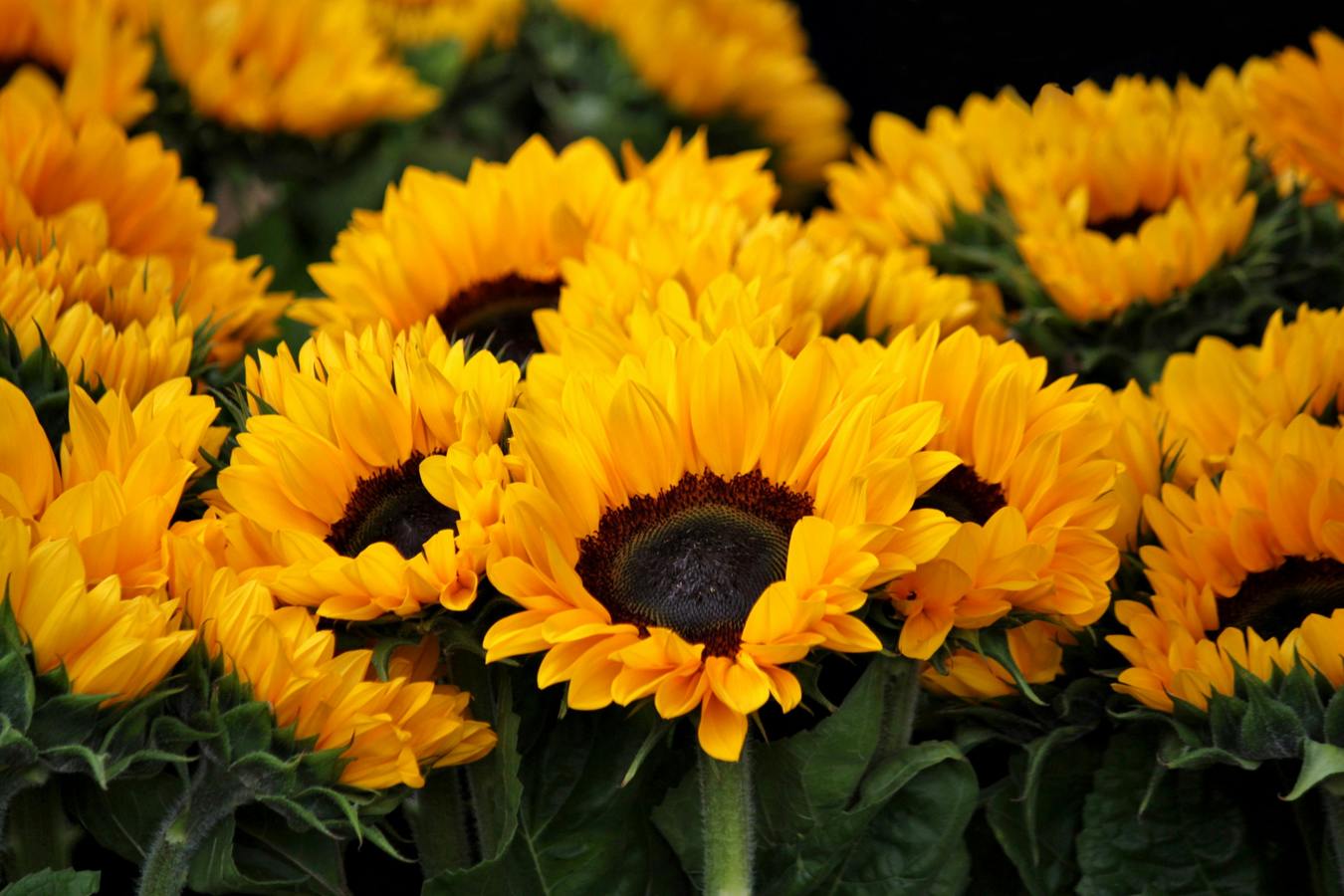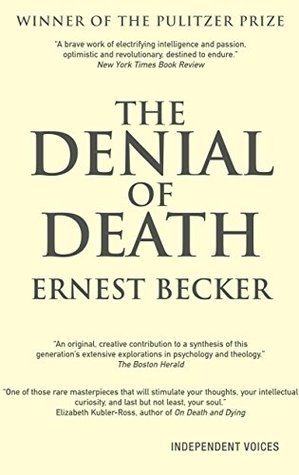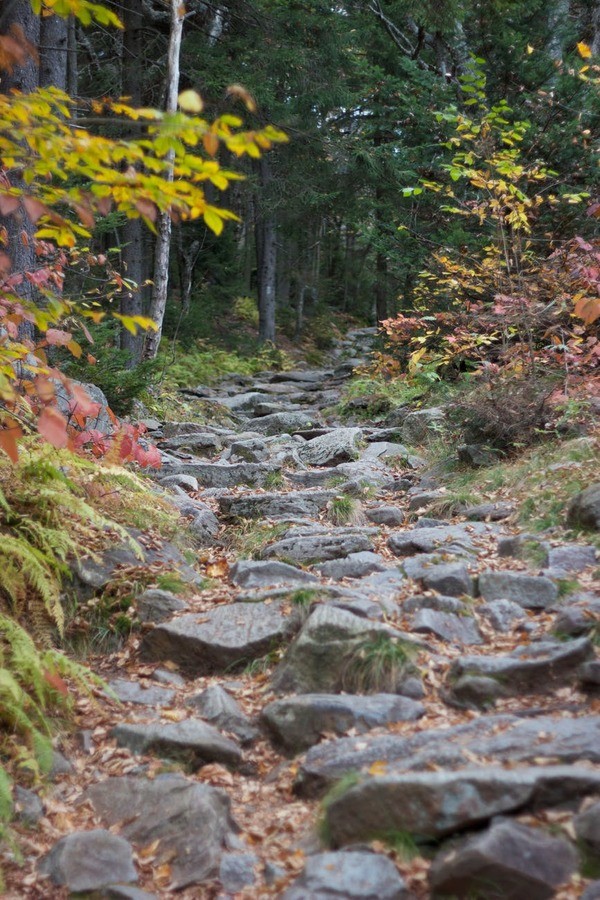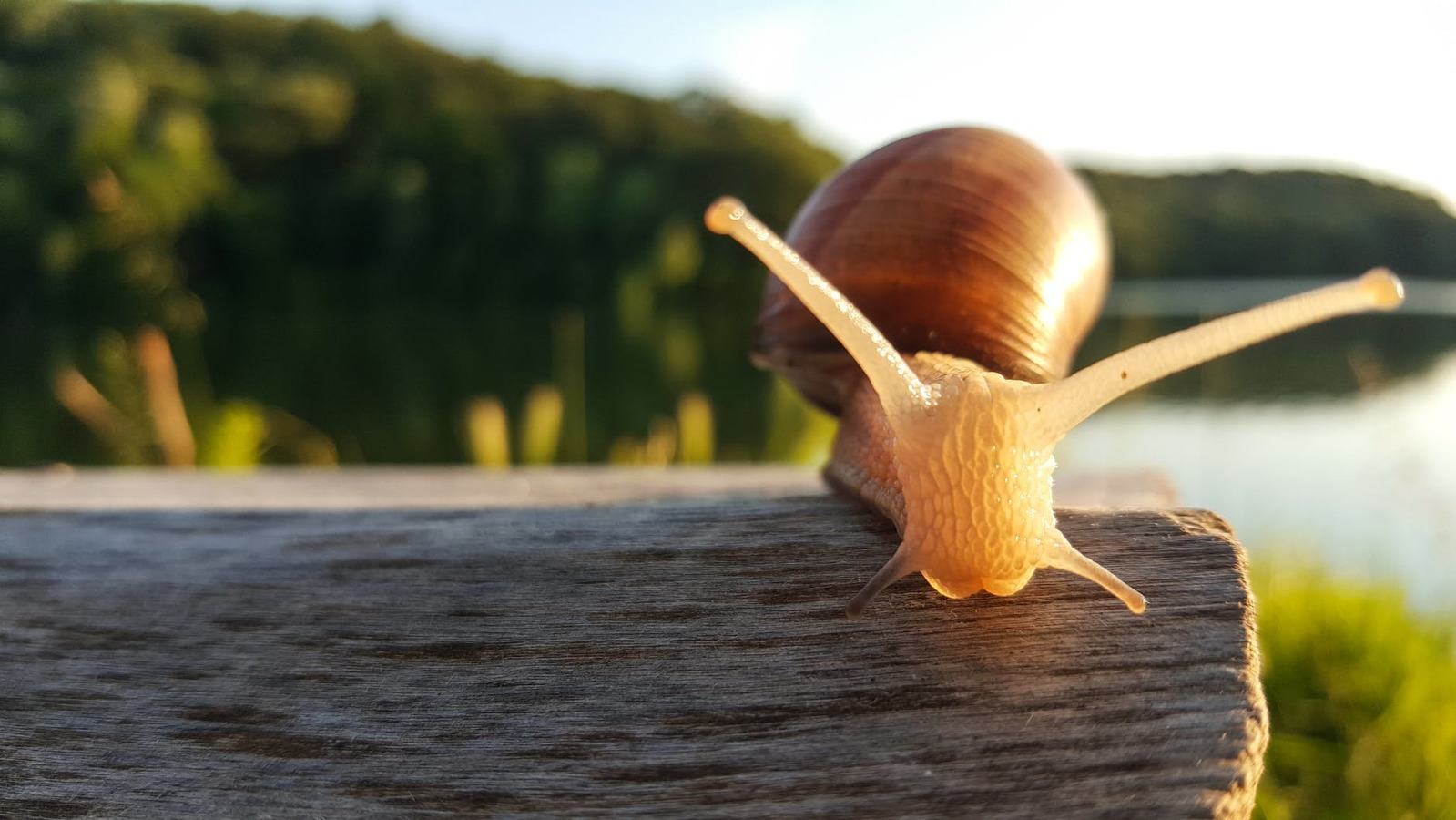Many of us become more interested in dying and death as we age because, in a way, that’s easier and less scary than actually LIVING. I have a controversial suggestion to make: perhaps so many of us wither as we age because we allow it. We spend so long inside our comfort zones that we eventually get to the point where we can’t do much else. And then, from within the soft stranglehold of our sofas, we rail against death and illness as if our frustration and emptiness were their fault and not that of our own complacency. This is not to dismiss the commonality of trauma experience and the many complex reasons why so many of are too frantic or frozen, too silenced or angry to be able to take a breath and see and speak of ourselves clearly. I share that pain and I’ve explored some more around that here.
We keep busy or distracted or quiet or angry because it works most of the time and yet… I think we all have that whisper within that says otherwise, that says something else is possible. It’s likely that whisper which brought you here.
For me, living means growing, growing relative to where you are at and in your own unique circumstances. Plant metaphors are desperate to appear in the next sentence. Desperate. But we don’t need them (though I will tell you that trees grow faster and stronger as they age).
All periods of growth are marked by two things: questions and pain. NO, three things: question, doubt and pain. Actually, make that four: questions, doubt, pain and change. These are all things that most of us actively avoid and yet they’re also the very things which are rewarded with that most prized of feelings: joy.
The two big periods of change in the human life cycle are the toddler years and adolescence. At these stages, society mostly allows questions, stumble-trips and mistakes as well as changes in beliefs and ideas in a way that it’s so much less forgiving of as we age. We expect people to stay the same once they reach a set age (our mid-late twenties?) and yet these expectations are frequently disappointed as the divorce rate (currently around 40%) and the difficulties of managing long-term friendships testifies. I don’t wish to understate the complexity of the matter. There are so many issues with personal change as we age: more people rely on us, the idea of who we were has been around so long that many people around us may not like the idea or fact of change. We are also, instinctively, and naturally, scared of change and wary of the losses it might bring. There’s also a social and political element: it suits society to have people docile and distracted with toys rather than asking questions.
And yet we cannot avoid change anymore than we can avoid death. If we do, perhaps we’re just speeding up our own decline. Given that healthy diet, mental stimulation and learning new things as well as a strong social network can help prevent dementia, I tend to think that embracing change and questioning less positive habits can only be beneficial for us in the long run.
Some change will be inevitable and unexpected. In fact, A LOT of it will be especially if we’re not paying attention to our lives and the lives of those around us as closely as we perhaps might. I tend to think that this is where the idea of children growing up quickly or time passing quickly comes from. Time seems to pass quickly because we pay it, and our lives, so little conscious attention. One cannot be in the moment constantly and yet we can be more aware of our routines and habits, the helpful and less helpful ones. We can be curious about how we use our time, we can be curious about what we do and why.
Situating ourselves in time is about recognising that we only have a finite amount of it. We can see that as a terrible thing or we can think of the ageing process as a growing process. We can make space and time to gently question ourselves, our lives: everything that is familiar or taken for granted. The idea that, to quote Eminem, “the fire inside expires and dies at thirty” is culturally prevalent and yet not strictly true. I want to help fuel your internal fire. I want you to ask: how can I spend more time doing what I love to do? To ask yourself, perhaps for the first time in a long time, WHAT do I love to do? What do I love to do for myself, with my family, with my partner, with my friends?
This is not about bucket-lists, it’s not about working through some cliché list of things that a journalist is telling you to get “ticked off” but about identifying YOUR passions, YOUR interests and YOUR desires and then doing your best to make them happen. In spite of this being a piece of writing related to ageing, the question I want you to ask yourself is ageless. It’s this: how do I live and how can I make that better, for myself and those around me?
I’m hoping to help myself answer the same question and, if you too are interested in exploring these ideas of growth and intentionality, please get in touch: anita.cassidy@alethya.com




















